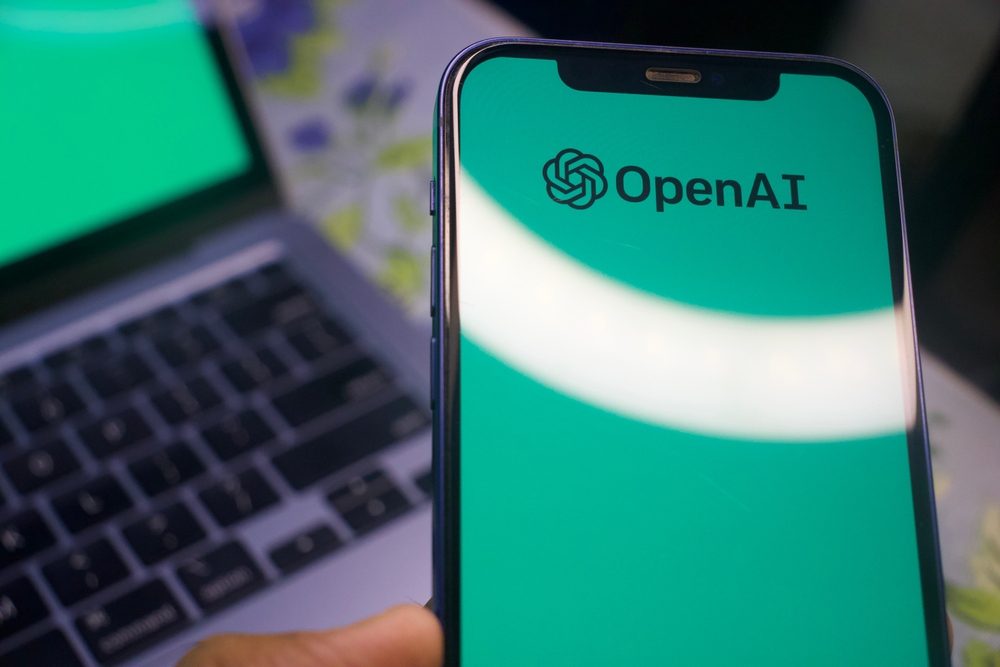Apple has been quietly but steadily strengthening its foothold in the realm of artificial intelligence (AI). The Financial Times notes a strategic approach encompassing company acquisitions, recruitment of specialized talent, and equipment updates, all signaling a dedicated focus on the intricate challenge of executing AI directly on mobile devices.
Acquisitions and Strategic Moves
PitchBook reports that Apple has outpaced its competitors in AI startup acquisitions, with 21 such ventures since 2017. Notably, the recent acquisition of WaveOne, a California-based startup pioneering AI-powered video compression, exemplifies Apple’s commitment to staying at the forefront of AI technologies.

Deep Learning and Talent Acquisition
Morgan Stanley’s recent study highlights a significant shift within Apple, with nearly half of its AI job postings now referencing “Deep Learning.” The company’s hiring of John Giannandrea, a former Google executive heading the machine learning department, further underscores Apple’s serious endeavors in the AI landscape.
Secretive AI Endeavors and Future iOS 18
In contrast to competitors like Microsoft and Google, Apple has maintained a veil of secrecy around its AI initiatives. The company is reportedly developing its large language models (LLMs), aiming to leverage generative AI on mobile devices. Speculations suggest that the upcoming iOS 18, set to be unveiled at the WWDC developer conference, will play a pivotal role in supporting generative AI, possibly featuring an enhanced Siri voice assistant based on LLM.
AI Integration through Advanced Chips
Apart from neural network development, Apple is delving into AI integration by designing chips capable of locally handling AI processes. With the introduction of powerful M3 computer processors, the mobile A17 Pro, and upgraded Apple S9 chips for smartwatches, Apple is positioning itself to have AI operate seamlessly on user devices rather than relying on cloud services.
In October, Apple made a groundbreaking move by releasing LLM as open source in collaboration with Columbia University. Primarily for research purposes, this technology acts as a virtual assistant, describing images to users and offering insightful information. The potential applications range from assisting visually impaired users to enhancing the overall user experience.
Apple’s multifaceted approach to AI, encompassing acquisitions, talent recruitment, secretive developments, and chip innovations, paints a picture of a company deeply invested in shaping the future of AI technology, notes NIX Solutions. As the unveiling of iOS 18 approaches, the tech world eagerly awaits Apple’s next strides in bringing AI seamlessly into the hands of users.
